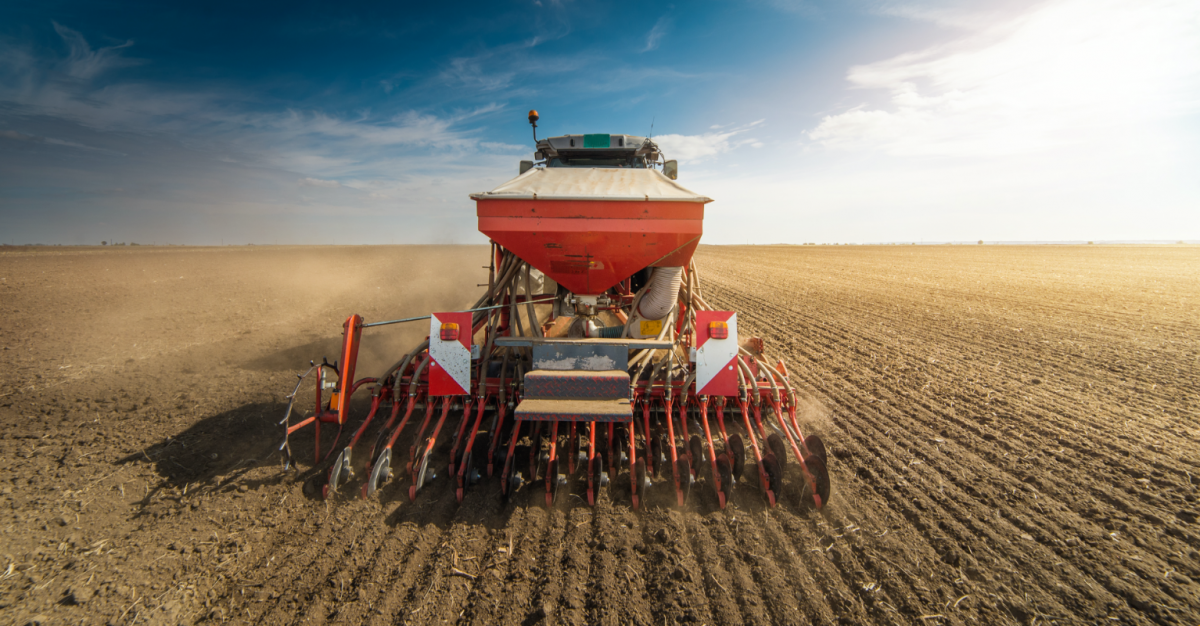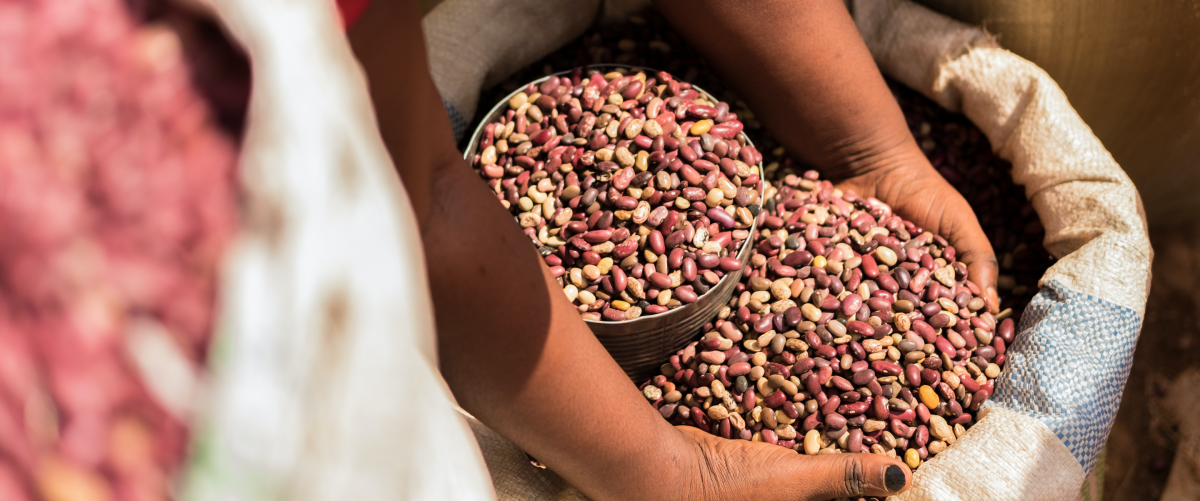The provision and adoption of improved seeds and planting materials have led to increased crop yields and improved the lives of millions of farmers across the world.
However, African farmers are yet to benefit from this increase. Crop yields in the continent are the lowest in the world due to limited access to quality inputs, especially improved seed varieties suitable for the different climatic conditions and soils. Consequently, Africa now imports up to USD 35 billion worth of food annually, an amount that is predicted to increase to USD 110 billion by 2025.
The African seed market has great potential for growth given that quality certified seed of high-performing varieties is currently available for less than 10% of total arable acreage in Sub-Saharan Africa (SSA).
The total commercial seed market in Africa is worth approximately USD 1.2 billion, of which about USD 450 million is in South Africa and USD 300 million is in North Africa. Based on current seed market penetration, the potential of the Sub-Saharan Africa seed market is at least USD 2 billion per annum, most of which is owned by the private sector.
This growth potential provides us with an opportunity to catalyse the development of the seed market to respond to the needs of smallholder farmers.

A six-year, USD 6 million initiative
The programme seeks to address the challenges faced by small seed companies in their efforts to produce improved seeds of staple crops, including publicly-bred varieties.
- Improve how the seed market serves smallholders
- Support greater availability of ‘in-demand publicly-bred varieties of food crops
- Increase access to other inputs that maximise farmers’ benefits from improved seed including appropriate finance
- Provide extension services, technologies and output markets
Expected Impact
The programme aims to reach over 50,000 farmers and improve the lives of 275,000 people in six countries.
Competition winners
Five African seed companies from Ghana, Kenya, Malawi, Mozambique, Nigeria and Tanzania emerged as winners of the inaugural SIP competition, which was launched in 2018. The companies were selected through a rigorous multi-stage process.
The companies demonstrated an impressive range of strengths and have great potential for growth and capacity to meet the improved seeds need in SSA.
The AECF implemented the competition with initial funding from Alliance for a Green Revolution in Africa (AGRA) and Syngenta Foundation for Sustainable Agriculture.
Funding
The five companies received funding in the form of grants and concessional loans ranging between USD 250,000 – USD 750,000.
They were also provided technical assistance in business building, market building, and technical support, among other areas.
Areas that SIP funding is supporting
Solutions that improve how the seed market systems work for smallholder farmers Innovative ideas that stimulate and/or enrich/contribute to next-generation approaches in growing Africa’s seed sector, crowding in women and youth (efficiency, productivity, market growth in Africa).
Models that seek to scale new, in-demand publicly bred varieties of food crops (climate-smart and nutrition focus will be considered an advantage. Crops must go beyond hybrid maize).
Ability to leverage partnerships that increase the availability of other key inputs necessary for maximising the benefits of improved seed varieties, including farmers’ access to appropriate finance, extension services, technologies and output markets.

